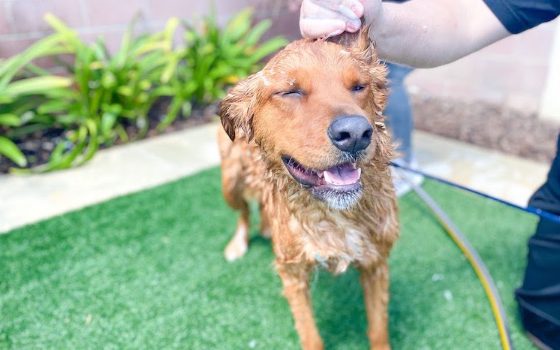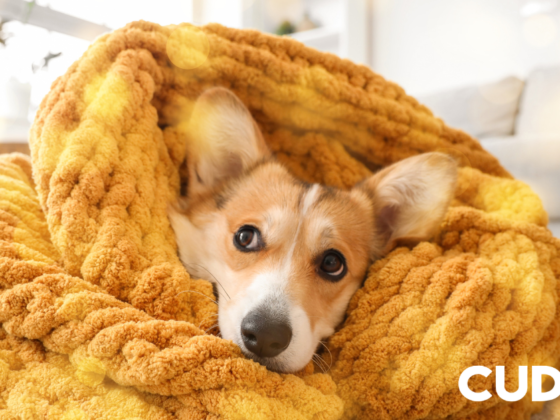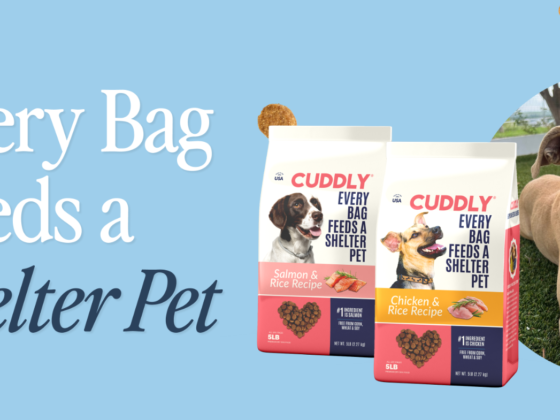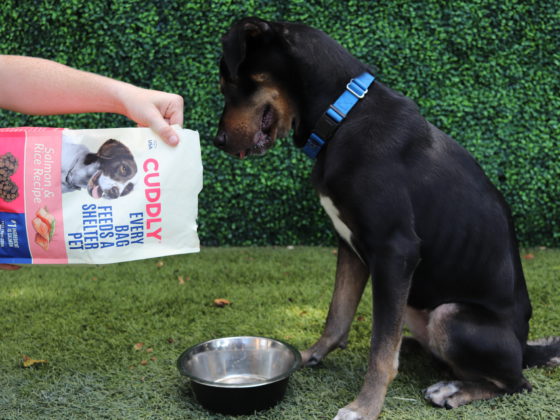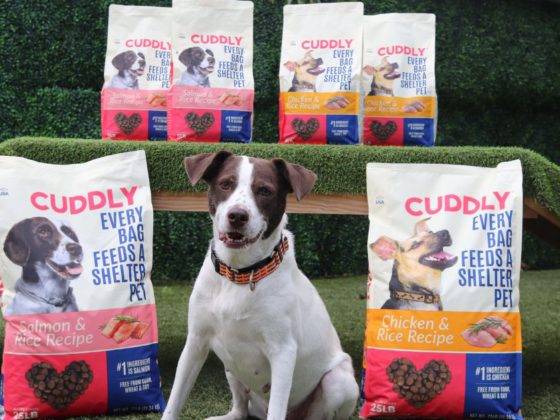Ensuring Our Dogs & Cats Get All the Nutrients They Need to Thrive
With so many options in the pet food aisle, it can be difficult to know which diet to choose for your four-legged family member. The first step is to consider your dog or cat’s life stage because puppies and kittens have unique nutritional needs in comparison to adult or senior pets.
Stage One: Puppy and Kitten
Puppies and kittens require more protein to help support their growing muscles and developing immune systems. They need just the right balance of calcium and phosphorous to fuel their growing bones and teeth. DHA, an omega three fatty acid found in sources like mother’s milk and salmon, is critical for healthy brain and vision development. Keeping them on a recipe formulated for growth throughout this stage of their life will help ensure they are getting every micronutrient they need in just the right balance.
For large breed puppies, it’s important that they don’t grow too quickly; it can lead to painful bone and joint issues as a puppy and set them up for health challenges such as arthritis or hip dysplasia later in life. Therefore, seeking out a recipe that is specifically formulated for their unique metabolic needs is important for their healthy development.
Because puppies and kittens often have smaller mouths and teeth than adults, finding the correct kibble shape and size can help ensure the young ones are able to consume the calories they need. Additionally, I often recommend that new pet parents introduce a variety of textures early in their dog or cat’s life. A combination of dry and wet food can ensure a pet is adaptable should any necessary diet changes be required in their life.
Stage Two: Adulthood
Most kittens and small- to medium-breed dogs reach adulthood within the first year, typically between 8-12 months. However, large breed dogs can continue to grow until they’re almost 2 years old. It’s always best to speak with your veterinarian to understand when your pet has reached the right developmental milestones to move to a food formulated for adult dogs and cats.
During their adult lives, dogs and cats should be fed a recipe formulated for maintenance.
The most important part of feeding in this life stage is the quantity in the bowl each day. The metabolism of each dog and cat can vary widely, so having an open line of communication with your veterinarian will help ensure your pet maintains a lean body condition to help minimize other health conditions that can plague them as they age. Over and over, research has shown that keeping a pet lean is the one thing that can help them live a longer and better quality of life – who wouldn’t want their four-legged to have that?!?
Stage Three: Senior
According to The Association of American Feed Control Officials (AAFCO), the organization that sets nutritional guidelines for pet food, there are no specific nutrient ranges for a senior pet like there are for growth and maintenance. However, there are key nutrients like Omega-3 fatty acids and protein are especially important as support for them as they romp and play into their golden years. Omega-3 fatty acids like EPA and DHA can reduce pain in their joints by slowing the arthritic process, keeping joint fluid production in balance, and also supporting heart health. Protein is important for maintaining a pet’s muscle mass and keeping their immune system finely tuned, firing on all cylinders. Because our pets age more quickly than we do, having consistent and regular conversations with your veterinarian can help ensure you’re providing the right recipe with the right nutrients in just the right balance.
Quality nutrition can not only make a visible difference in the appearance and activity level of dogs and cats, but it can also set them up for a long, vibrant and happy life and strengthen the amazing relationships we share with them.
About RuthAnn Lobos, DVM, CCRT
Dr. RuthAnn brings more than 15 years’ experience in the pet food industry to her role as Lead Veterinarian with Merrick Pet Care. She loves sharing the power of pet nutrition with colleagues, pet parents and friends. In her undergraduate studies, Dr. RuthAnn pursued an animal science degree. She went on to receive her Doctor of Veterinary Medicine (D.V.M.) from Louisiana State University and became a certified canine rehabilitation therapist. She is an avid marathoner and triathlete and proud mama to three active pups, Rigolets, Stella and Finn. To learn more about Dr. RuthAnn, we invite you to watch this video or check out the recent Q&A with her on the Merrick blog.



